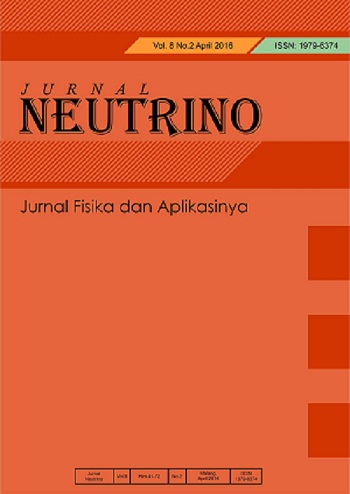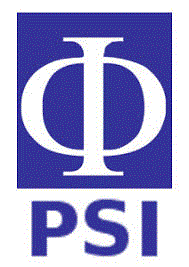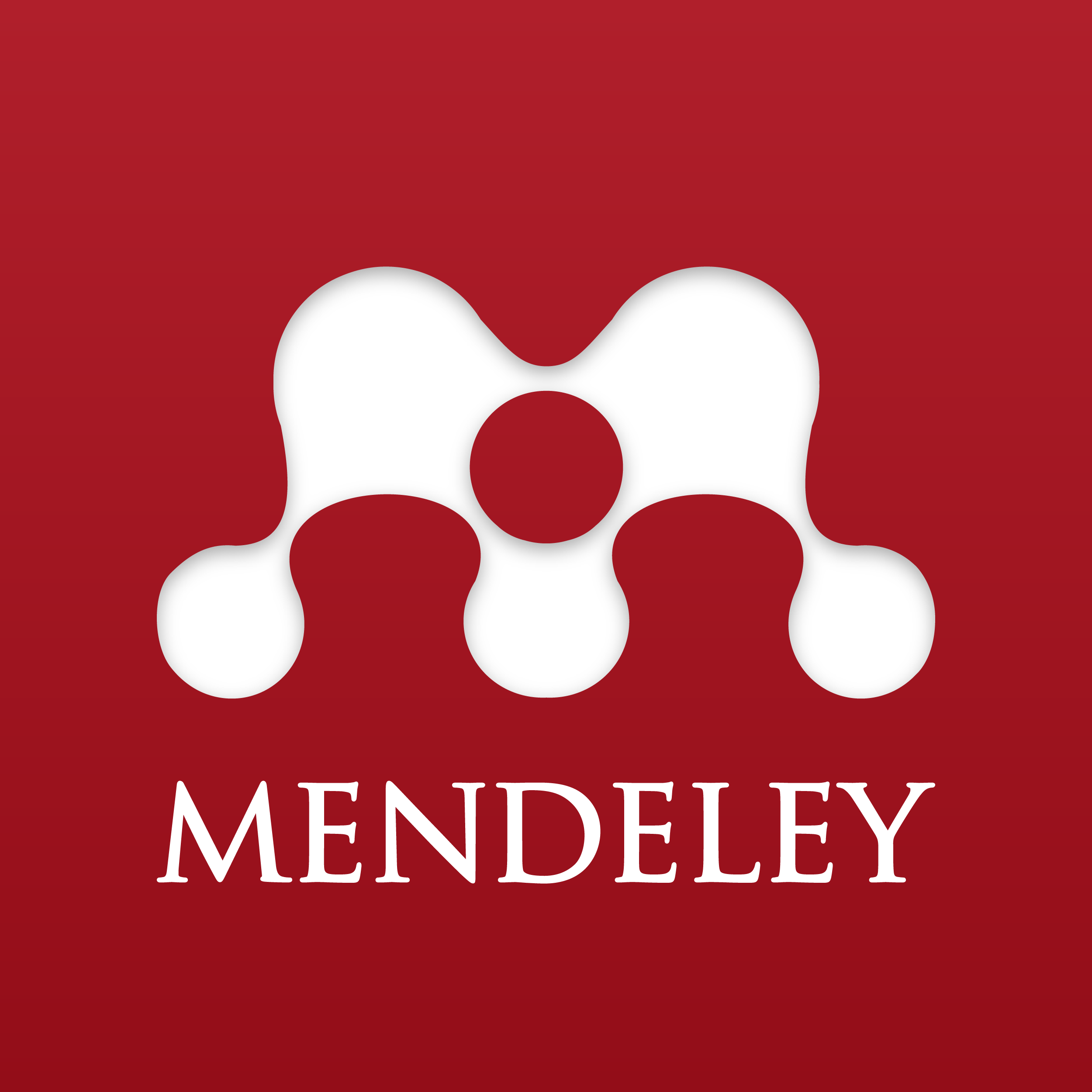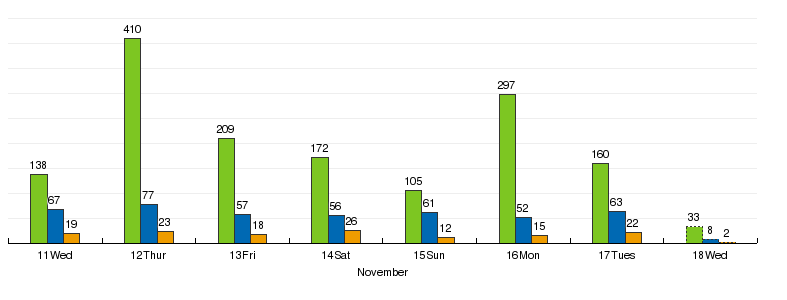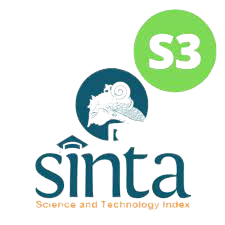- Focus and Scope
- Section Policies
- Peer Review Process
- Publication Frequency
- Open Access Policy
- Publication Ethics and Malpractice Statement
Focus and Scope
Jurnal Neutrino is online-International physics journal and its applications (EISSN 2460-5999 ) dedicated to publishing good quality research across all aspects of experimental and theoretical applications of physics. This journal encompasses Original Research Articles and Review Articles, including: Physics instrumentation, physics computation, biophysics, medical physics, environmental physics, particle and Nuclear Physics, geophysics, optics, renewable energy and Theoretical Physics
Section Policies
Articles
Editorial Information
Peer Review Process
The research article submitted to this online journal will be peer-reviewed at least 2 (two) reviewers from Peer-Reviewers Team. The accepted research articles will be available online following the journal peer-reviewing process. The review process used in this journal is a blind review system.
Publication Frequency
Jurnal Neutrino publishes twice per year (April and October)
Open Access Policy
All articles published Open Access will be immediately and permanently free for everyone to read, download, copy and share. We are continuously working with our author communities to select the best choice of license options under the Creative Commons Attribution-NonCommercial-ShareAlike (CC by NC SA).
Publication Ethics and Malpractice Statement
Neutrino Journal is a peer-reviewed journal published by the Physics Department Faculty of Sains and Technology, Islamic State University. This statement clarifies the ethical behaviour of all parties involved in publishing an article in this journal, including the author, the chief editor, the Editorial Board, the peer-reviewer and the publisher. This statement is based on COPE’s Best Practice Guidelines for Journal Editors.
Ethical Guideline for Journal Publication
The publication of an article in a peer-reviewed Neutrino journal is essential in developing a coherent and respected network of knowledge. It directly reflects the quality of the authors' work and the institutions that support them. Peer-reviewed articles support and embody the scientific method. It is therefore important to agree upon standards of expected ethical behaviour for all parties involved in publishing: the author, the journal editor, the peer reviewer, the publisher and the society.
Physics Department Faculty of Sains and Technology, Islamic State University neutrino journal takes its duties of guardianship over all stages of publishing seriously. We recognize our ethical and other responsibilities. We are committed to ensuring that advertising, reprint or other commercial revenue has no impact or influence on editorial decisions. In addition, the Physics Department Faculty of Sains and Technology, Islamic State University and Editorial Board will assist in communications with other journals and publishers where this is useful and necessary.
Publication Decisions
The editor of the Neutrino journal is responsible for deciding which of the articles submitted to the journal should be published. The validation of the work in question and its importance to researchers and readers must always drive such decisions. The editors may be guided by the policies of the journal's editorial board and constrained by such legal requirements as shall then be in force regarding libel, copyright infringement and plagiarism. The editors may confer with other editors or reviewers in making this decision.
Fair play
An editor at any time evaluates manuscripts for their intellectual content without regard to race, gender, sexual orientation, religious belief, ethnic origin, citizenship, or political philosophy of the authors.
Confidentiality
The editor and any editorial staff must not disclose information about a submitted manuscript to anyone other than the corresponding author, reviewers, potential reviewers, other editorial advisers, and the publisher, as appropriate.
Disclosure and conflicts of interest
Unpublished materials disclosed in a submitted manuscript must not be used in an editor's own research without the author's express written consent.
Duties of Reviewers
Contribution to Editorial Decisions
Peer review assists the editor in making editorial decisions and, through the editorial communications with the author, may also assist the author in improving the paper.
Promptness
Any selected referee who feels unqualified to review the research reported in a manuscript or knows its prompt review will be impossible should notify the editor and excuse himself from the review process.
Confidentiality
Any manuscripts received for review must be treated as confidential documents. They must not be shown to or discussed with others except as authorized by the editor.
Standards of Objectivity
Reviews should be conducted objectively. Personal criticism of the author is inappropriate. Referees should express their views clearly with supporting arguments.
Acknowledgement of Sources
Reviewers should identify relevant published work that the authors have not cited. Any statement that an observation, derivation, or argument had been previously reported should be accompanied by the relevant citation. A reviewer should also call to the editor's attention any substantial similarity or overlap between the manuscript under consideration and any other published paper they have personal knowledge of.
Disclosure and Conflict of Interest
Privileged information or ideas obtained through peer review must be confidential and not used for personal advantage. Reviewers should not consider manuscripts with conflicts of interest resulting from competitive, collaborative, or other relationships or connections with any of the authors, companies, or institutions connected to the papers.
Duties of Authors
Reporting standards
Authors of reports of original research should present an accurate account of the work performed and an objective discussion of its significance. Underlying data should be represented accurately in the paper. A paper should contain sufficient detail and references to permit others to replicate the work. Fraudulent or knowingly inaccurate statements constitute unethical behaviour and are unacceptable.
Data Access and Retention
Authors are asked to provide the raw data in connection with a paper for editorial review and should be prepared to provide public access to such data (consistent with the ALPSP-STM Statement on Data and Databases), if practicable, and should, in any event, be prepared to retain such data for a reasonable time after publication.
Originality and Plagiarism
The authors should ensure that they have written entirely original works and, if the authors have used the work and words of others, that this has been appropriately cited or quoted.
Multiple, Redundant or Concurrent Publication
An author should not generally publish manuscripts describing the same research in more than one journal or primary publication. Submitting the same manuscript to more than one journal concurrently constitutes unacceptable publishing behaviour.
Acknowledgement of Sources
Proper acknowledgement of the work of others must always be given. Authors should cite publications that have influenced the nature of the reported work.
Authorship of the Paper
Authorship should be limited to those who have contributed significantly to the conception, design, execution, or interpretation of the reported study. All those who have made significant contributions should be listed as co-authors. Where others have participated in certain substantive aspects of the research project, they should be acknowledged or listed as contributors. The corresponding author should ensure that all appropriate co-authors and no inappropriate co-authors are included in the paper and that all co-authors have seen and approved the final version of the paper and have agreed to its submission for publication.
Hazards and Human or Animal Subjects
If the work involves chemicals, procedures or equipment that have any unusual hazards inherent in their use, the author must identify these in the manuscript.
Disclosure and Conflicts of Interest
All authors should disclose in their manuscript any financial or other substantive conflicts of interest that might be construed to influence the results or interpretation of their manuscript. All sources of financial support for the project should be disclosed.
Fundamental errors in published works
When an author discovers a significant error or inaccuracy in his/her published work, the author should promptly notify the journal editor or publisher and cooperate with the editor to retract or correct the paper.

